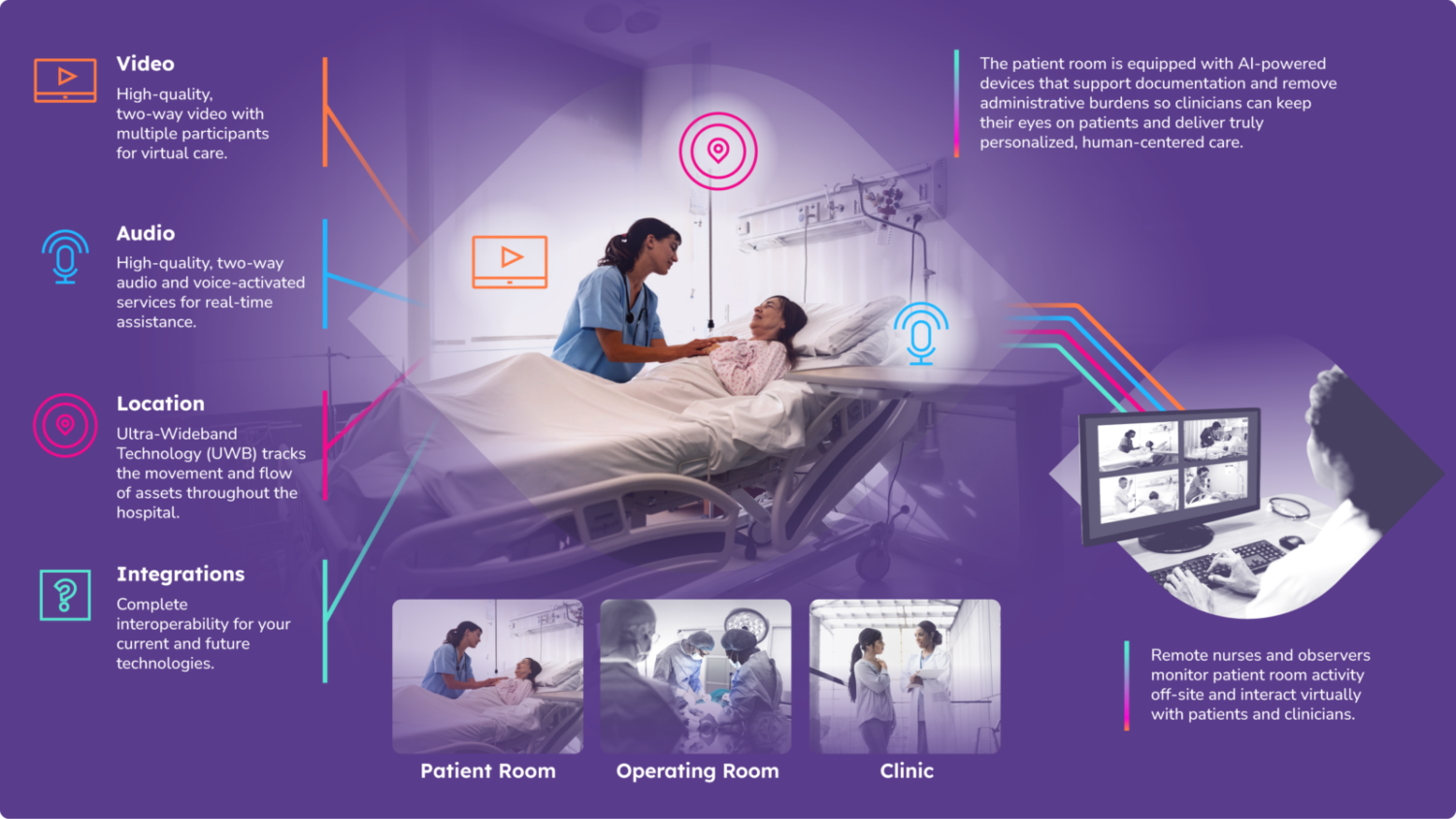
What You Should Know:
– Artisight, a Smart Hospital platform, has announced a new capability that autonomously documents operating room (OR) activity into a patient’s electronic health record (EHR) using advanced AI and computer vision.
– This eliminates the need for clinicians and other healthcare staff to manually document key milestones in a procedure. This technology not only provides real-time updates that boost patient satisfaction but also makes a more productive use of high-demand resources.
Transforming Clinical Workflows with Automation
In the operating room, the Artisight platform can autonomously detect and document events such as patient entry and exit, the start and end of a procedure, and other key milestones. Each action is recorded in real-time within the EHR, creating a precise, timestamped account of events without any manual input.
The Artisight platform also autonomously prompts clinicians to complete the next steps in their workflow based on what is happening in the room. For example, when a patient enters the room, the surgeon is alerted to scrub in. If an operation exceeds its expected duration, the next surgical team is notified, all without human intervention or oversight.
On average, clinicians spend between 3.5 to 6 hours per day on data entry and documentation in the EHR. These new AI-powered capabilities reduce the documentation burden on these healthcare providers, allowing them to minimize context switching and focus more on care delivery. This automated, real-time documentation ensures greater procedural accuracy, streamlines workflows, and reduces the time wasted on post-procedure data entry. These improvements have led to significant cost savings, more efficient OR turnover, and streamlined communication with clinicians and care teams.
ROI and Future of the Smart Hospital
Artisight’s OR solution is already reporting a 16x return on investment and a 5% increase in scheduling procedures. These advancements build on the company’s mission to make hospital infrastructure “smart” for the first time. The platform uses AI-powered cameras and sensors, bidirectional audio and video streams, and ambient documentation technology to complement and extend the capacity of clinicians and staff.
“This is a pivotal moment in the evolution of the smart hospital. We now bring awareness and sensory capabilities that directly complement and support clinicians and staff,” said Dr. Andrew Gostine, chief executive officer and co-founder of Artisight. “In a smart hospital, clinicians are empowered to focus on patients and know that their time and the patient’s time is valued.”
